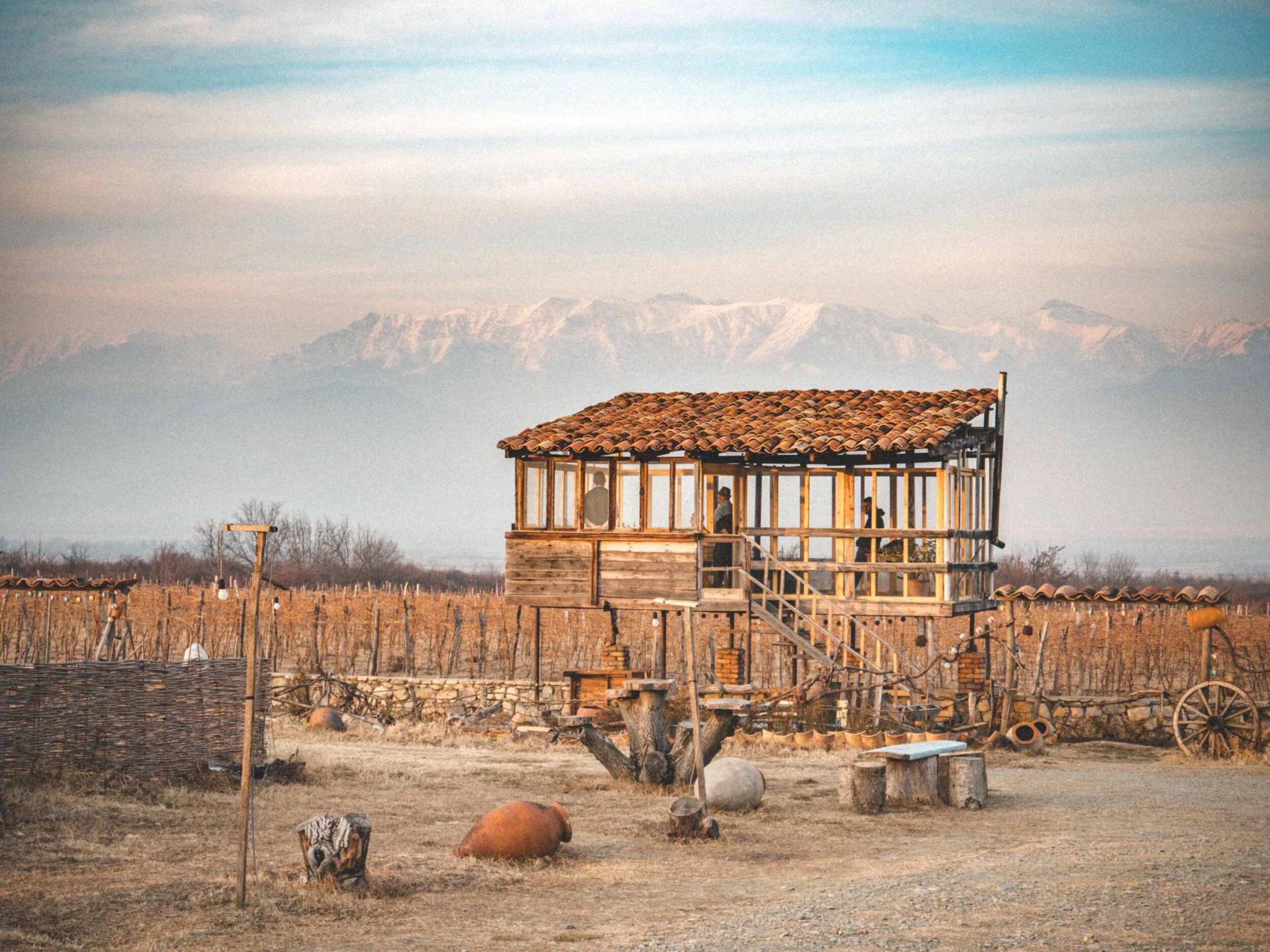Hand-Held Rebellion — A Love Letter to the Burger Van
The chug of a generator is the sound of my childhood. The scent of fried onions mingling with two-stroke fumes is the smell of it.
I walk on damp summer grass and think of bike rally tents, and crawling out of them into the clamminess of a wet summer’s day. Motorbikes were my parent’s lives before I existed, and ever since I can remember, they’ve been near the centre of mine too. And where there are bikes, there are burger vans.
Wide, white burger vans, with menus painted in pub sign lettering, a queue of leather-squeaky people trailing beards and bandanas from the hatch at the front. I dawdled past them, peeking inside at the busy people flipping infinite patties; a different world in a tiny space.
When you’re little, the things you’re not allowed take on an unbearable element of tantalisation. Being brought a burger wrapped in a ketchup-stained napkin, especially when you’d been told no, was exciting. It didn’t matter that my mum was right—that they mostly tasted of salt and processed cheese. I was happy. I’d beaten the system.
It’s fair to say we were healthy kids, and greasy meals made on blackened hotplates were strictly a last resort. We were the type of family that took sandwiches to the British Superbike Championship, who peeled a tangerine while watching someone ride the Wall of Death. I spent my childhood taunted by clouds of melted cheesy meatiness that drifted downwind from roughly modified trailers, as utilitarian as the portaloos, as taboo as the herbal remedy stalls I was steered away from.
***
Motorbikes were synonymous with summertime. They’d come out of the garage and we’d make them shiny, and in return, they’d take us to shows and rallies, bags bungee-tied to the panniers, indecipherable mechanisms gleaming. By June, long convoys of them would ride past my school on their way to Heysham for the Isle of Man ferry, and I’d stand with my friends at the fence and wave, looking for bikes that I recognised.
““You’re likely to be eye-wateringly overcharged for a quarter pounder in a floured sandwich roll the size of a bin lid with a name like ‘The Belly Buster.’””
Grown-up now, I take that ferry and head over the sand-brown sea to the TT Races. There’s a burger van at the port that’s open all night. Two years ago my husband and I rocked up on an early crossing, I took my helmet off, smelled the hot beef fat and had to do it. A 5am cheeseburger breakfast on one of the most exciting days of the year. He looked on in horror as I joyfully demolished it.
***
Food trucks have become a staple of hipster food culture in the UK, thanks to a booming mobile catering industry in the USA, which itself is a westernised take on the long tradition of food carts everywhere in the world where people want good, speedily-cooked food. There have always been roadside food carts run by enterprising cooks.
Kogi Korean BBQ is regarded by many (and itself) as the fleet of food trucks that changed the face of mobile catering, but it wasn’t a radical idea; yes it was fusion cuisine that could have perhaps only have been made in LA, but a gentrified food cart? Not a tough business idea to sell. The millions of food truck dreams it inspired continued this model. To an audience of generally white millennials to whom food carts represented adventurous holiday vibes and upmarket dining without the cost, they simultaneously made “ethnic” food desirable to blinkered diners, and “gourmet” food accessible—as long as you were willing to wait in line.
This is where I draw the line between burger vans and food trucks. For me, food trucks bring me images of gourmet falafel wraps, jackfruit tacos, outrageous fried chicken and homemade sauces. They’re run by chefs and dreamers on enthusiasm and aspiration, passion and excitement. I enjoy them, but they are a different beast.
A burger van might also be a grill on wheels, but that’s where the comparisons stop. A burger van is a means to an end. The owners are chipper, but brisk and efficient. The sauces are bulk-bought and sharp with vinegar and citric acid. The ingredients might be locally sourced, but probably only due to cost-efficiency. You’re likely to be eye-wateringly overcharged for a quarter pounder in a floured sandwich roll the size of a bin lid with a name like ‘The Belly Buster.’ They are what my mum would call “a waste of money”. They are, for me, the ultimate treat.
There’s a burger van on Devil’s Bridge at Kirkby Lonsdale in Cumbria where bikers meet every Sunday, and you can get a mug of tea for a quid while you wait for your food. I’ve been going there since I was a child to look at the bikes lined up in the parking bay, watching riders show off as they roll away, revving as they open up on their way to Kendal or the Dales.
The sizzle. The flip. The press of the spatula against the patty. The laminated cheese slices. Onions caramelised on the hot plate all day, the savoury aroma of meat juices melting into burnt sugar. If I’m lucky, they’ll toast the bun too, mopping up beef fat as they go. Then my number’s called; my order’s ready. It’s mine, wrapped in a waxy paper napkin, blackened around the edge, ready for relish, neon mustard and ketchup. Maybe a little burger sauce if they have any. I grab my can of pop, wave away the wasps, sit on a nearby wall and bite, a red sauce smile painted from ear to ear. A hand-held rebellion.
Illustration by Grace Helmer.















